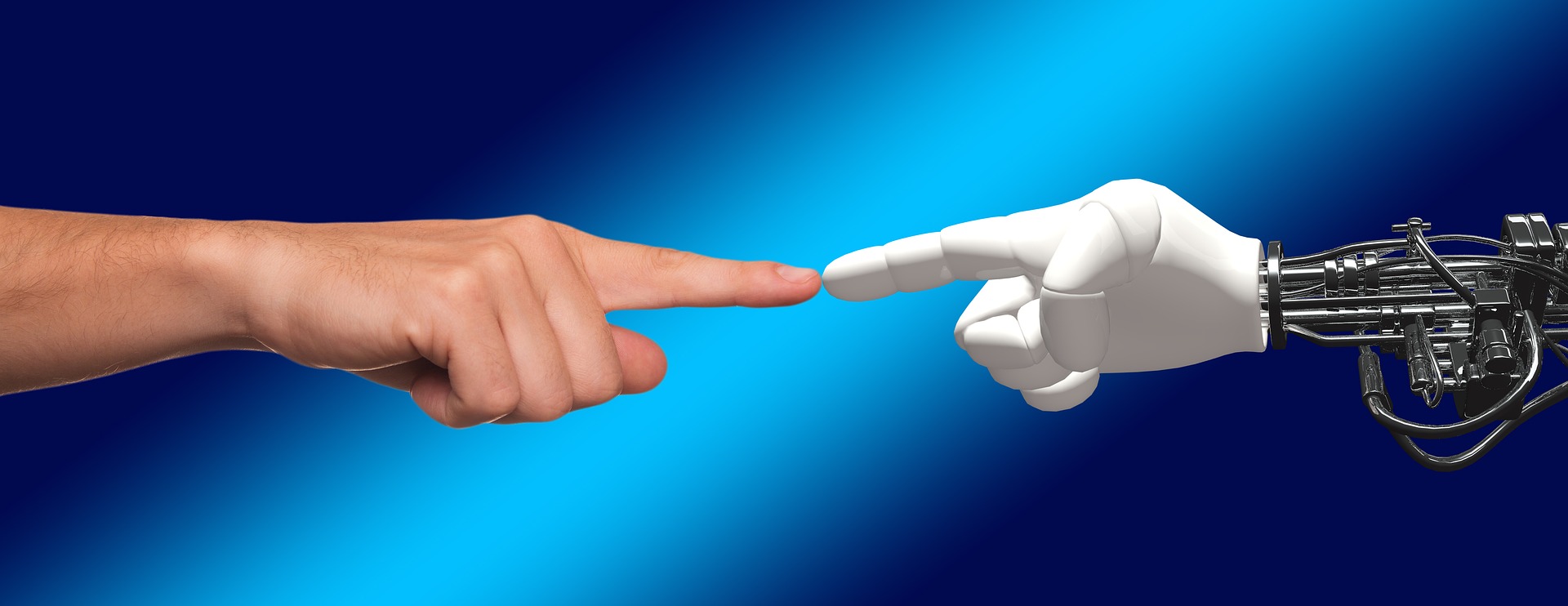Are we sacrificing human contact for convenience?
The COVID-19 pandemic changed many of our human behaviors that were likely on the road toward change but ushered them in more quickly. Only the future will tell if those changes were beneficial or dangerous.
The changes.
One of the behaviors that were likely on this road was patience. Why?
- This has been coming since the advent of social media, likely before that, but social media made it worse. Whether or not you like reading someone else’s posts, responding does give a bit of a rush. We know someone will see and read what we’ve said, validating our right to post freely. Even viewing a post can fulfill this need for instant gratification. What we’re left with is the ability, then, to determine the factualness, influence, and purpose of the posts – even this blog post.
- Streaming made things worse. VHS, CDs, and DVDs made it possible for us to have our favorite movies, cartoons, and music on demand. Streaming made it worse by caving in to the on-demand world, making it possible for us to not just record to watch or listen later, but to binge episodes of a favorite program, sports, audio broadcast or recording, etc. Not only does this feed the instant gratification beast, but it also gives us an unrealistic expectation of entitlement. In other words, streaming is for our convenience and we have it because we can. At least, until the power is turned off.
- Attention spans weren’t the only casualty; not only are attentions shorter, but, so are tempers. Corporate media and social media feed this beast until the cup is overflowing with what may end up being a controlled message or narrative. Our only choices are to agree, disagree (and risk being canceled), or ignore it and be caught unaware.
Another change ushered in was the desire to have as little contact with others as possible. This one I believe is the most damaging of all. We all paid the price for this “inconvenience”:
- kids and teachers in school were now online behind screens;
- special needs kids, including deaf or hard-of-hearing, blind, and autistic, were left to try and catch up as best as they could (and if I left someone out it was unintentional);
- parents were forced to work from home if they could;
- grandparents unable to physically hug their grandchildren;
- the dying departed our world utterly alone, without family or friends to say goodbye.
There are too many more to list, but you get the idea.
Oh, sure, we could go to our favorite restaurant and order meals to go, and the staff did their best to make it as contactless as possible.
- Little Ceasar’s should be commended – their “to-go ovens” were in place before the pandemic, making this pizza chain the first to truly limit contact with customers. Sure, we likely had to wait over 20 minutes in a drive-thru, but we sucked it up, knowing we were being considerate.
- QR codes were suddenly understood and used widely – and still are.
- Chat features on websites, email, and phone answering trees (voicemail with “press 1 for…press 4 for…”, etc.) were more acceptable and used, and people still couldn’t get a live person on the phone.
- Remote work became more desirable than commuting to an office.
All of this and more examples fed the premise that we don’t need human contact in this progressive, brave new future world.
We are wrong.
Customer Experience change.
Before Christmas, a McDonald’s store in Fort Worth, Texas, introduced its first automated store – one that is nearly without human involvement, without human contact. When you place an order ahead (and mobile apps are highly encouraged), you can stop at the small store, go inside to a conveyor belt or kiosk, and pick up your order. Delivery drivers can pick up orders and get out to deliver more quickly. If you didn’t order ahead, you can place your order at a kiosk and pick it up. Minimal human contact is the emphasis.
The downside is the loss of hundreds of thousands of jobs. According to Statista.com, in 2021 approximately 200K people worked for McDonald’s. That’s a lot of people to suddenly miss their income in the name of “convenience”. That could also be a lot of orders that may be filled correctly as well – have to look at the flip side of that equation. While you may be thinking, “gee, sucks to be that person”, be careful – your job could be next.
Human contact validates that we are individuals, people in need of something that only another human being can provide. This includes intimacy, conversation, reassurance, comfort, forgiveness, understanding, compassion, and empathy. For thousands of years, people have belonged to groups (or tribes) of people – why? A few of the whys could include:
- Safety in numbers.
- Help with planting, gathering, or hunting.
- Celebrating.
- Community.
- Conversation with like-minded people.
Many of us don’t crave 100% time alone from others. The need to make sure we’re not alone in the universe drives us to seek others out. For example, how many of you enjoy picking up your phone, calling a business for help with your account or order, and being routed to so many ends of “friendly chatbots” (i.e., phone voicemail tree) before you hang up in frustration? I didn’t think so – I don’t like that, either, so I seek out chat rooms. Great! How many of you like typing in your question to chatbots, only to finally have to type “human” to get a person on the other side?
Critical Thinking.
How many of you get frustrated with technology and only a human being on the other side could help, if one were actually available and picked up your message?
The question is: Have we become so afraid of other people – their touch, their voice, their mistakes – that we’re willing to sacrifice the touch or sound of another human being in the name of convenience? Have we become that hurried of a species that only our superegos needs matter while distorting our egos – our reality?
Is it all worth it?
In my opinion, convenience can fuel enterprise and creativity. That’s how we came to use cars vs. horses, computers vs. encyclopedias, file folders, or calculators (and many more uses), and television vs. radio; that list can go on forever as well. The search for convenience can fuel our desire for “something more”. Convenience is a tool and should be regarded as such – a success calculator or failure yardstick. To allow it more attention than it deserves fails the one species on this planet that could benefit the most so other life may benefit more.
Humanity.
Be strategic. Be visible. Be found.
Ready to start using social media smarter, not harder? Schedule a 15-minute coffee chat over ZOOM to discuss strategically incorporating social media and inbound strategies into your current marketing plan.
Branded ZOOM backgrounds allow businesses to not only add another option for secondary marketing; they also confirm both the business’ identity and authority to prospects and customers. Investment starts at $85. Visit our webpage to get started.
#smallbusiness #businesstips #marketingtips #socialmedia #digitalmarketing #visiblymedia #tuesdaythoughts #socialmediamarketing







